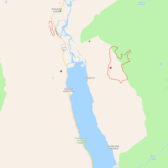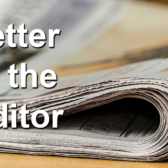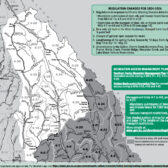Only BC’s very richest paying higher tax rate, new research shows
Personal tax changes announced by the BC government over the past 18 months — including elimination of medical services plan (MSP) premiums — mean the vast majority of households will see a decrease in their provincial tax bills while the richest one per cent will pay more, new research by the Canadian Centre for Policy Alternatives-BC Office shows.
“This is good news for tax fairness in BC,” says report author Alex Hemingway, an economist and public policy analyst at CCPA-BC. “It also puts to rest the claim that the provincial government is increasing taxes for most people. My analysis shows the opposite is true.”
Hemingway examined the provincial taxes that households at different income levels pay as a share of their income—including income tax, PST, MSP, tobacco and the carbon tax—or the “effective tax rate”. He compared the effective tax rate in 2016 (the last full calendar year under the previous government) to the planned rate in 2020 (when full elimination of the MSP kicks in). The analysis used Statistics Canada data that captures what households at different income levels actually pay in taxes after deductions and credits.
For the bottom 90 per cent of households, the effective provincial tax rate will fall from an average of 9.1 per cent in 2016 to 7.9 per cent in 2020. In contrast, the rate for the richest one per cent will rise over the same period from 9.6 per cent to 10.5 per cent.
The tax reduction for most households is driven almost entirely by elimination of MSP premiums.
“MSP is a very unfair tax because the rich pay a much smaller share of their income in MSP than modest- and middle-income earners,” says Hemingway.
The top one per cent of households also benefit from elimination of the MSP, but this is more than offset by a new tax bracket on income over $150,000.
Taxes are only part of the story when it comes to inequality, says Hemingway, noting that public investment in high-quality, universal public services is equally important.
While the recent changes have made BC’s tax system more fair, government spending as a share of the province’s total economy (GDP) remains near the lowest levels in two decades. Hemingway notes that if BC dedicated the same share of our GDP to provincial public spending today as we did in 2000, there would be over $7 billion more annually to invest in these areas.
BC is a low-tax province with much room to raise additional revenue, which is acknowledged by international bond rating agencies. Hemingway says by implementing an additional top income tax bracket of 22 per cent on incomes above $200,000 and progressive tax measures on the enormous windfalls of property wealth in BC, the government could further invest to benefit the majority of households



























